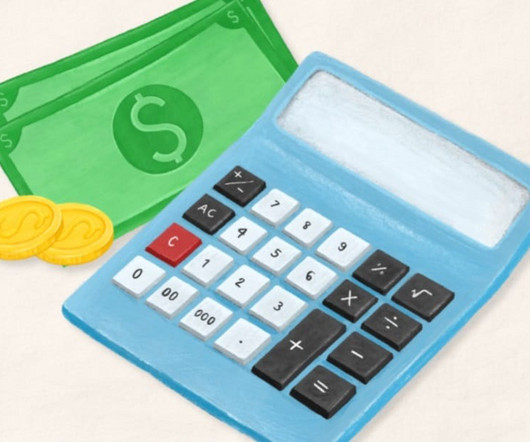Managing Family Finances: Tips and Strategies for a Better Financial Future
Penny Pinchin' Mom
DECEMBER 17, 2023
Emergencies constitute things like: Job loss Medical emergencies Accidents Unplanned large purchases (necessary large purchases) Natural disaster expenses You absolutely need to have this money set aside somewhere it can be easily accessed but also not within your day-to-day reach. If not, you need to get one.











Let's personalize your content